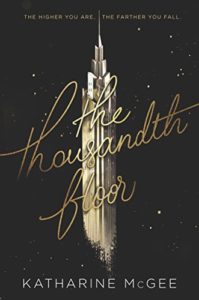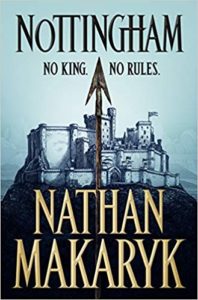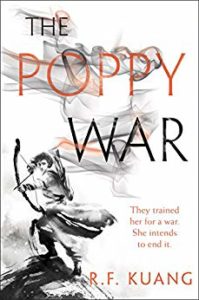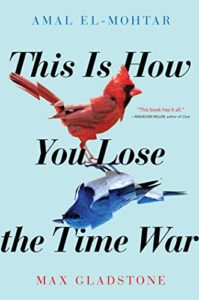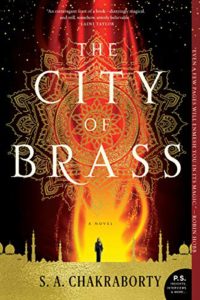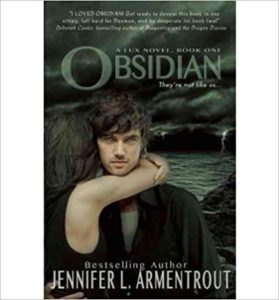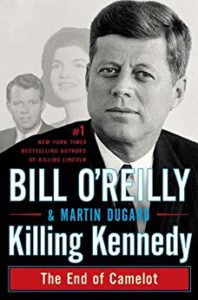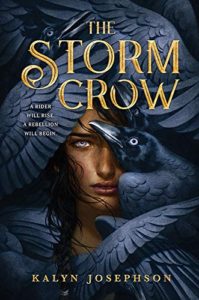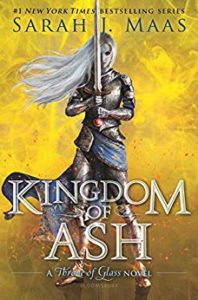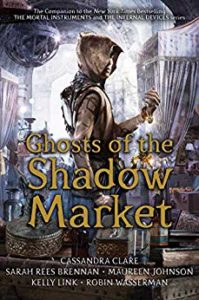I recently read The Thousandth Floor by Katharine McGee, and I liked it quite a lot. This book is not without its controversy, however. In interest of fairness, I’m going to talk about what I liked about the book, as well as the more controversial elements of this book. That way you can make a more informed decision about whether this book is for you or not.
The Thousandth Floor takes place in 2118, in a giant tower that soars 1000 stories in the air. It deals with the über-wealthy, the poor, and the places where their lives intersect. Not one of the characters in this book is a saint. I feel a sympathy for most of these people, but at the same time… wow, they really mess up. It makes for an interesting story that climaxes at a party that ends in tragedy.
What I Liked
This story was fun. The characters on the upper floors live lives where money isn’t a concern and morality is quite loosely defined. Most of the parents aren’t very involved in their children’s lives, sometimes even drinking alcohol with them. On the lower floors, the characters are just trying to survive, and their descent into illegality has more to do with survival than just trying to have a good time.
Still, they all have their secrets. Some of these secrets are deadlier than others. As I read this book, sometimes I’d be afraid to read on, afraid that one of them would get caught. Of course, if you read the prologue, you know something bad is going to happen. You just don’t know who. I didn’t know until the end.
In many ways, this seems to be an escapist read. These aren’t really problems that I have to deal with, and there can be something satisfying about wealthy people with problems.
The Controversy
There has been a lot of controversy surrounding this book, which may make you decide not to read it.
The “incest” storyline – from nearly the first chapter, you find out that Avery, a girl that was genetically designed to be as “perfect” as possible, is in love with her adoptive brother. They’re not genetically related, but if you find this sort of thing creepy, then you’re probably better off not reading this series.
Skip this paragraph if you don’t want spoilers – there is one character who is bi. None of the characters seem to think that it’s a big deal or anything. However, the character does die. I can see how this might be troublesome.
Other Social Issues – The Thousandth Floor seems to have some social difficulties. The white girl is perfect. The brown girl seems to be the villain. The Indian guy is the computer genius. Drugs are used to take advantage of a boy. There’s some sexual harassment. This seems to be a pattern.
Conclusion
The Thousandth Floor is fun to read. It drew me in from the prologue (and I don’t care for most prologues). However, this book isn’t without its controversy, and there are issues you should be aware of before you should decide to read this book or not.
